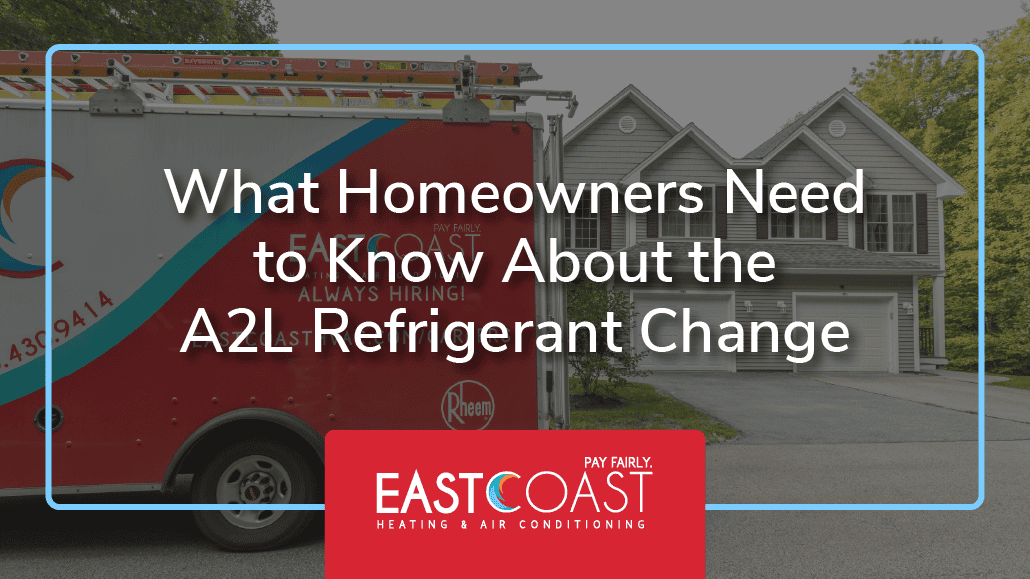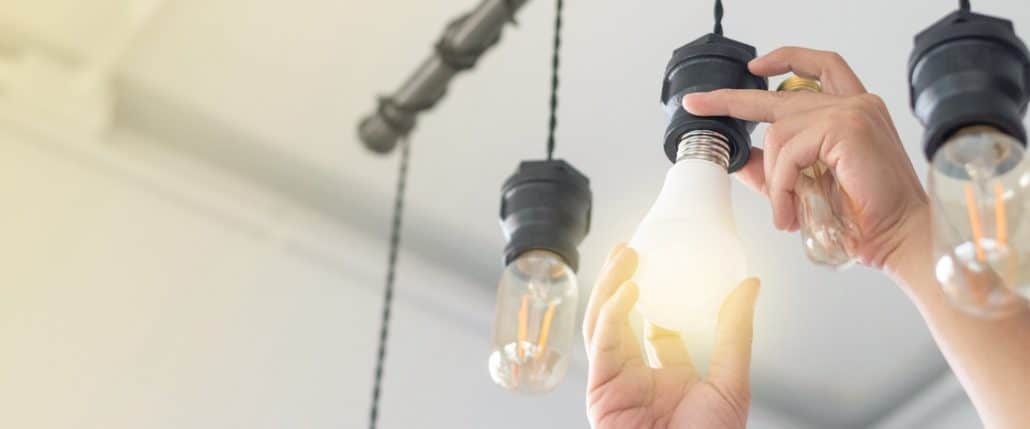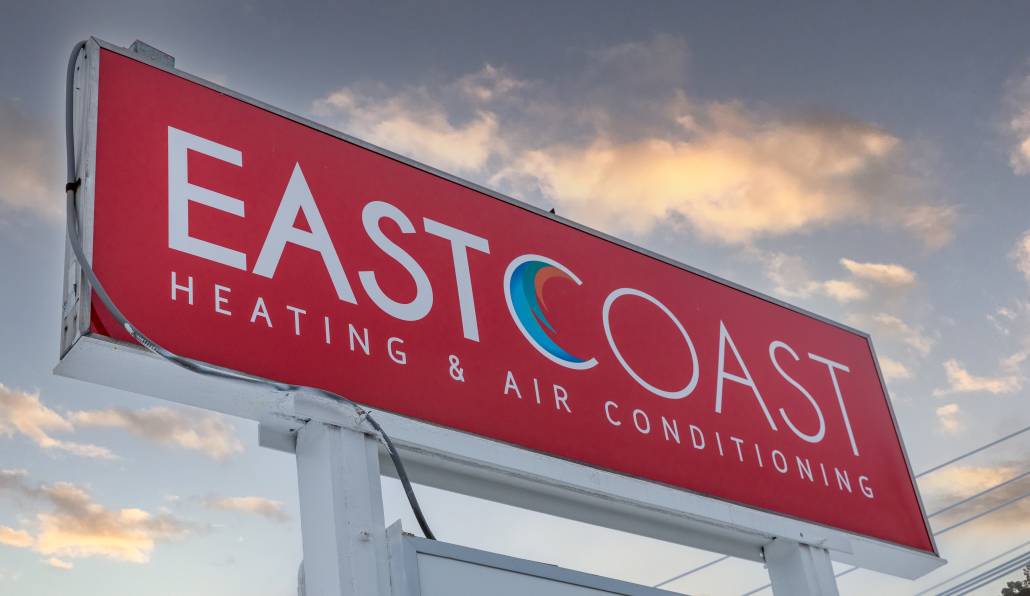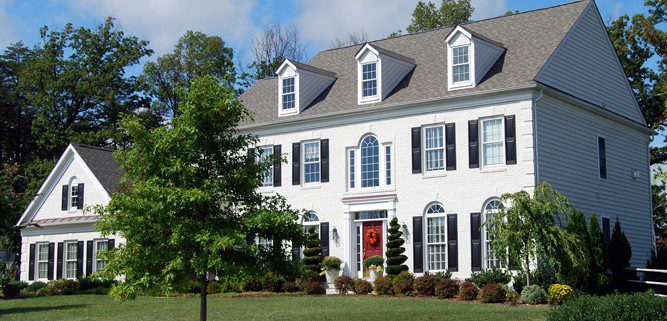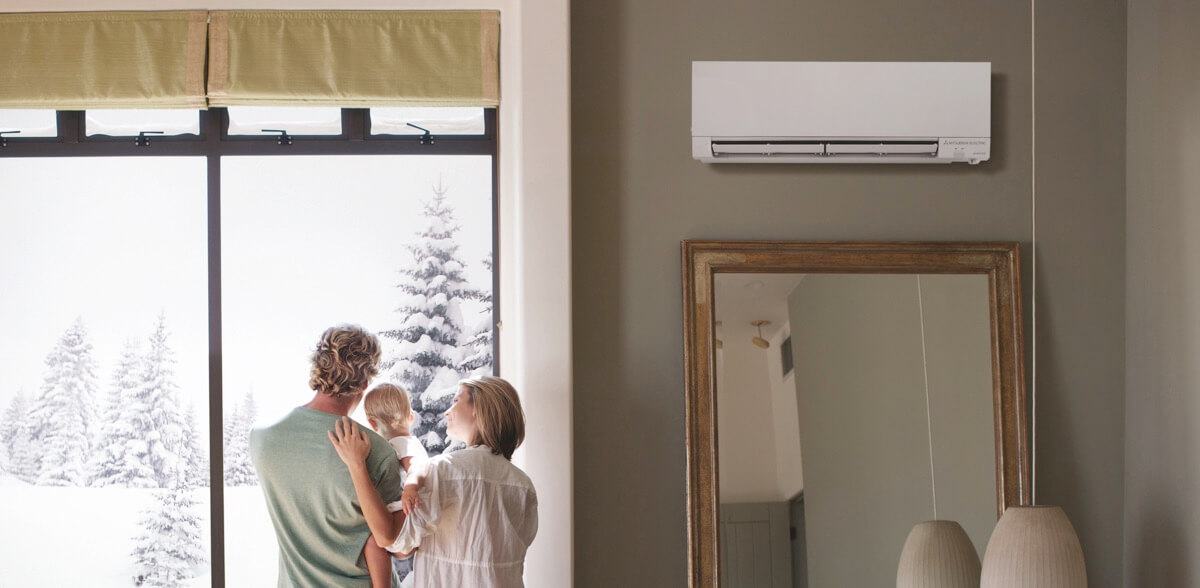As we move into 2025, there’s a big shift happening in the HVAC industry that could impact your next heating or cooling system upgrade. This change involves the introduction of A2L refrigerants, which are designed to be more environmentally friendly. You may have already heard some chatter about this, so we want to clear up what … Read more
HVAC Tips
A lot of our customers frequently ask us for quick and easy DIY tips to maintain their cooling or heating systems in preparation for summer and winter. In the video below, Pete talks about three quick tips to make sure your heating system is working properly and efficiently for those freezing cold winter days! Bonus … Read more
Your electrical system is a complex and important piece of your home. Although stressful and inconvenient, it’s common for problems to arise in electrical systems. Luckily, our team can fix any problem in your home, so you don’t have to. We can handle jobs of all sizes, even the small ones, like changing out a … Read more
A lot of our customers frequently ask us for quick and easy DIY tips to maintain their cooling or heating systems in preparation for summer and winter. In the video below, Pete talks about three quick tips to make sure your cooling system is working properly and efficiently for hot summer days! Bonus Tip: Save … Read more
What Homeowners Should Know Before Installing New HVAC Equipment From installation to maintenance & service plans, you can count on us every step of the way when it comes to your HVAC equipment. And now, with our new Energy $avings Agreement (ESA) we’re proud to offer our customers a smarter solution for their home heating … Read more
Conventional Systems vs. Mitsubishi Inverter Heat Pump Systems In the HVAC industry, we are asked a plethora of difficult questions, such as: Why did this part fail? How much is this going to cost? How much money will I save? When will it pay itself back? And, which system is best for my home? With … Read more
How To Get Better Air Quality When cold and FLU symptoms whip through our homes, it often feels like there is no way around sickness being passed from person to person. I went through this recently, when my wife had a horrible cold, which was handed off to my toddler, and inevitably made its way … Read more
HVAC Financing: Reducing the Turmoil of Emergency Repairs In the HVAC field, we see A LOT of stressed out homeowners facing significant and unexpected expenses during emergency situations. Many then overspend, barely meeting excessive financing terms agreed upon during the equipment replacement process. For example, it’s a cold snap and a customer’s boiler cracks and … Read more
Why is My Furnace Blowing Cold Air!? I always find it interesting to observe the human nature of procrastination as it surrounds our HVAC systems. Many of us (myself included at times) wait until the very last second to turn our heat on for the first time, while others take a more proactive approach and … Read more
Which Trade Should I Choose? There has been a lot of buzz and discussion lately about a resurgence of the trades and getting workers of all ages back into our line of work. In this post, East Coast HVAC President & CEO, Peter Robitaille talks about how HVAC actually consists of multiple trades, which can … Read more

